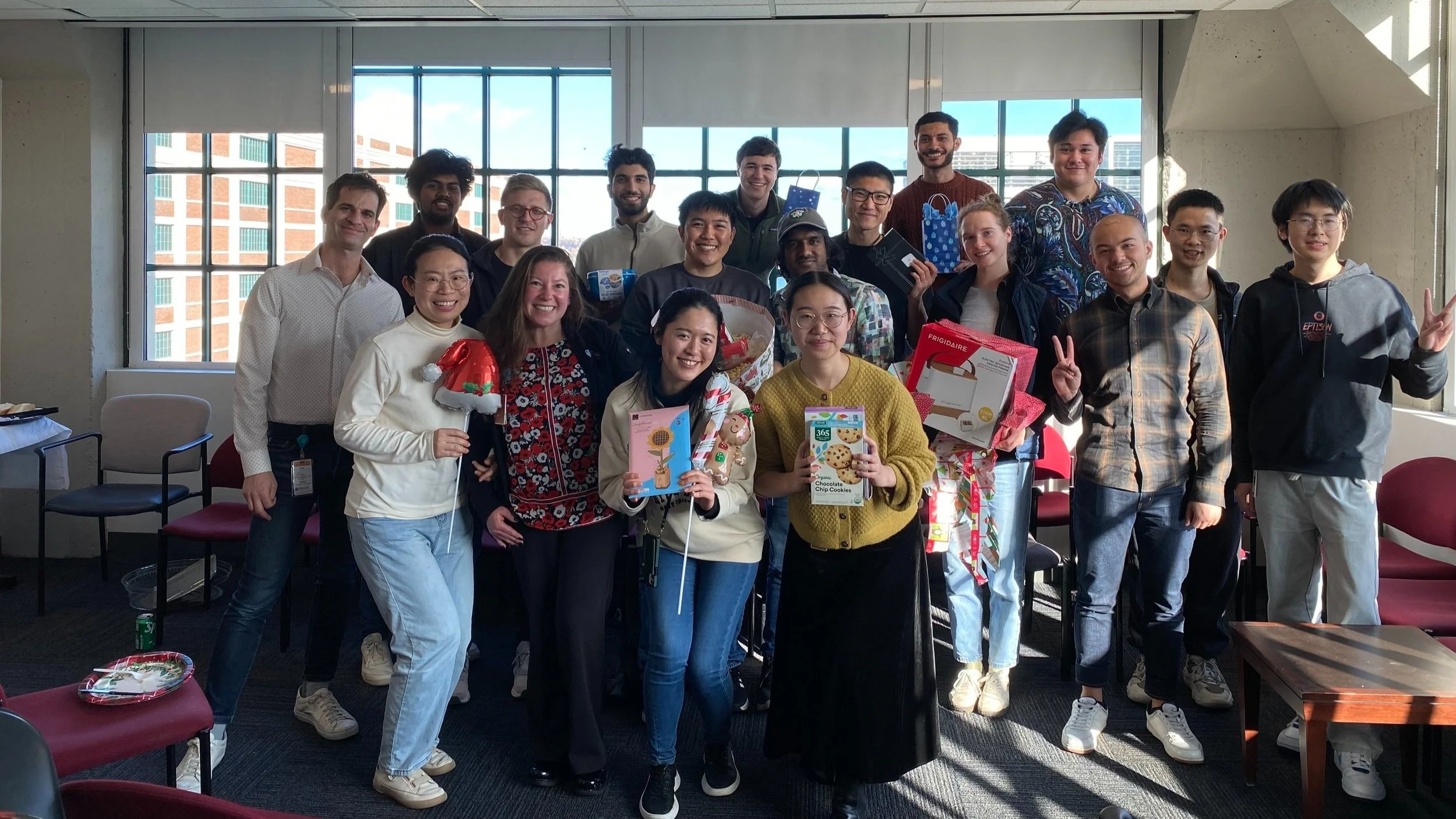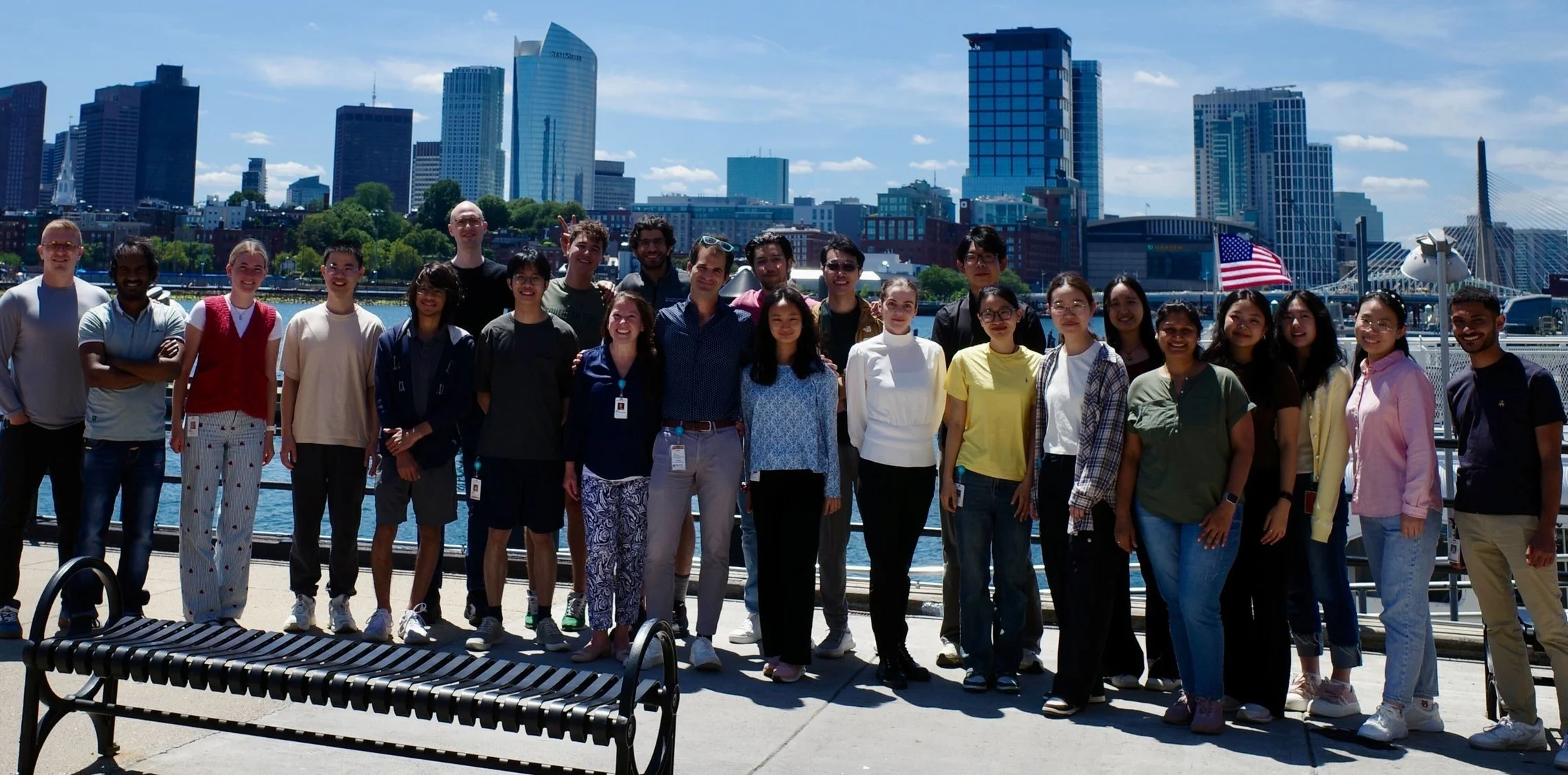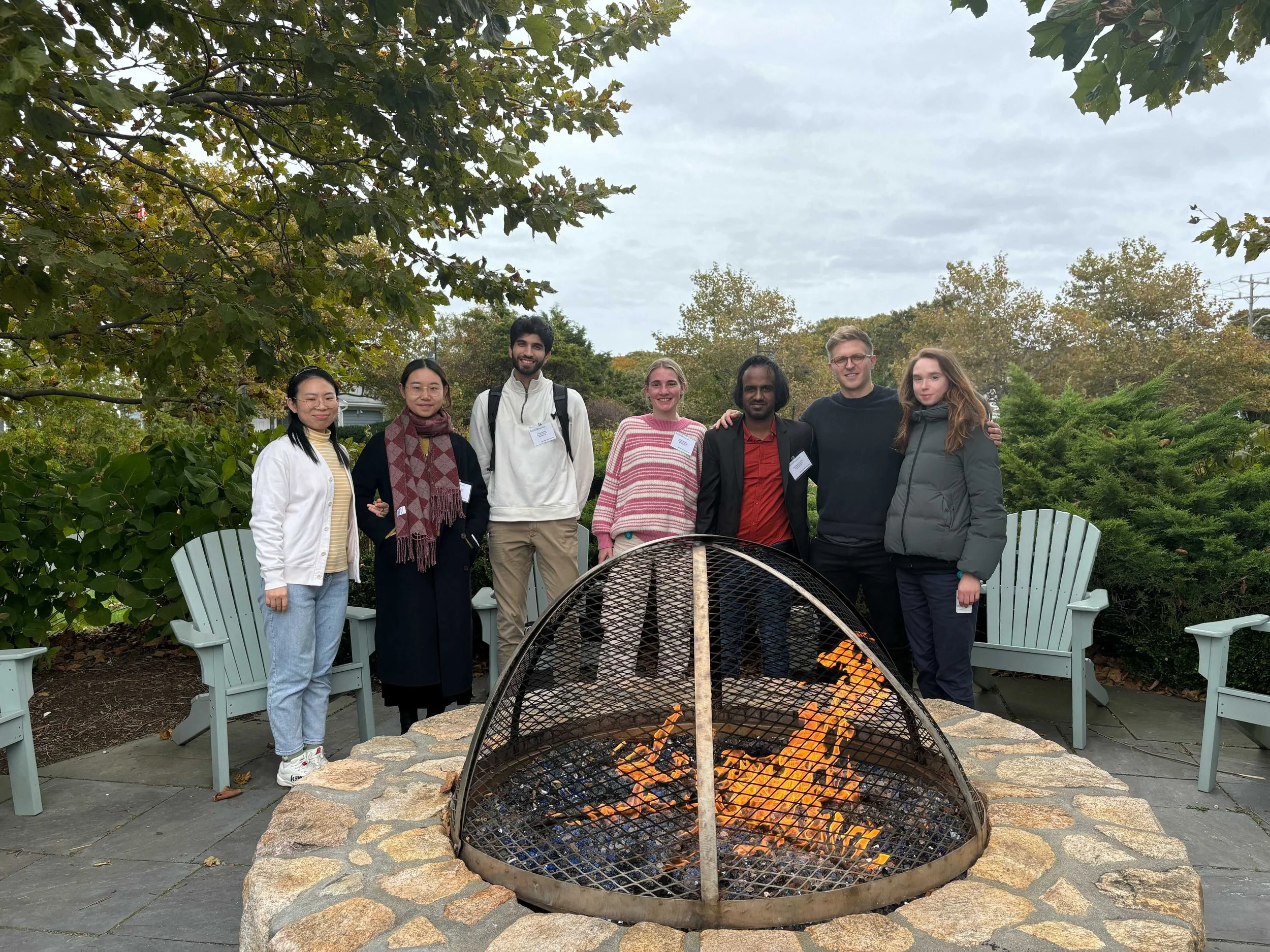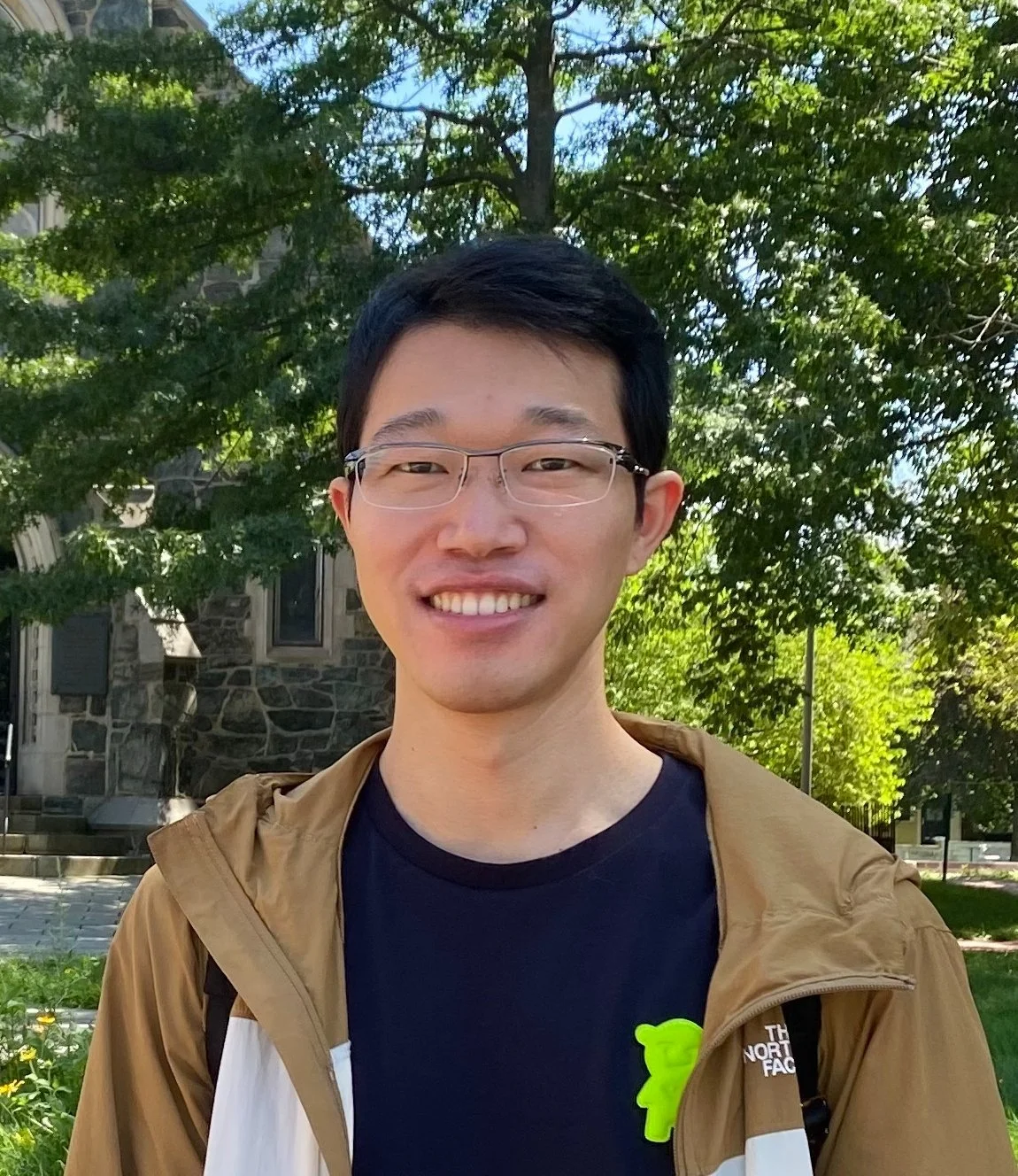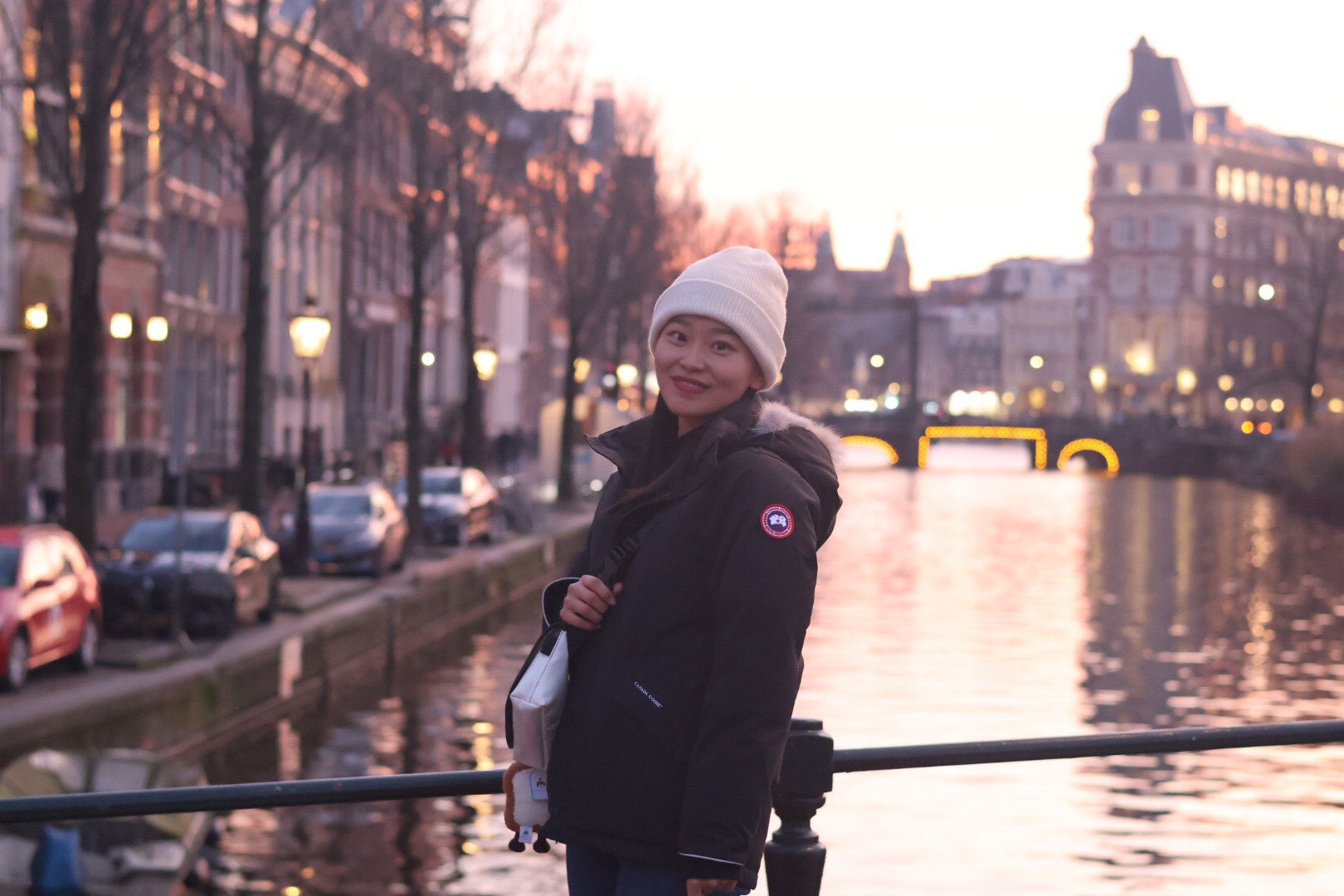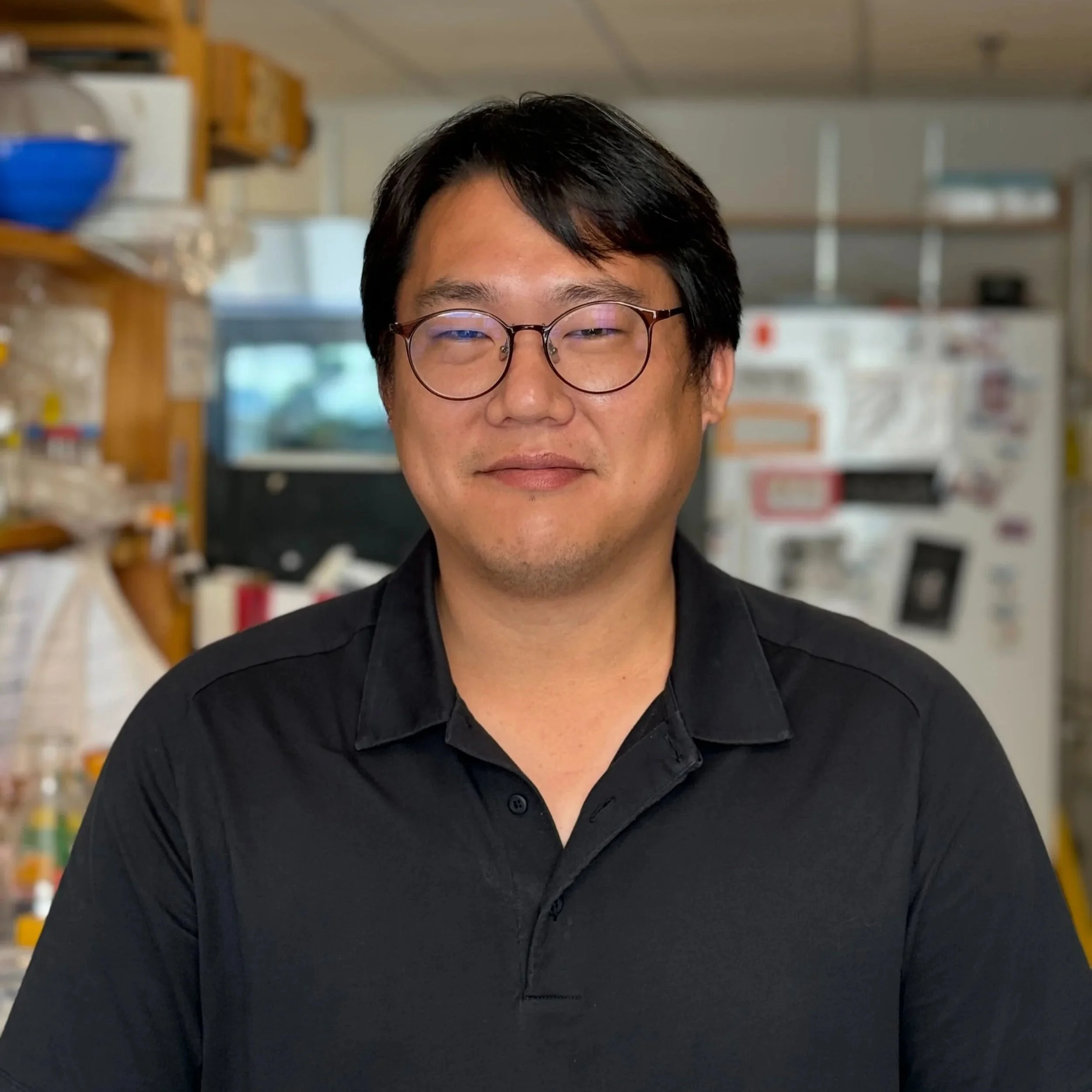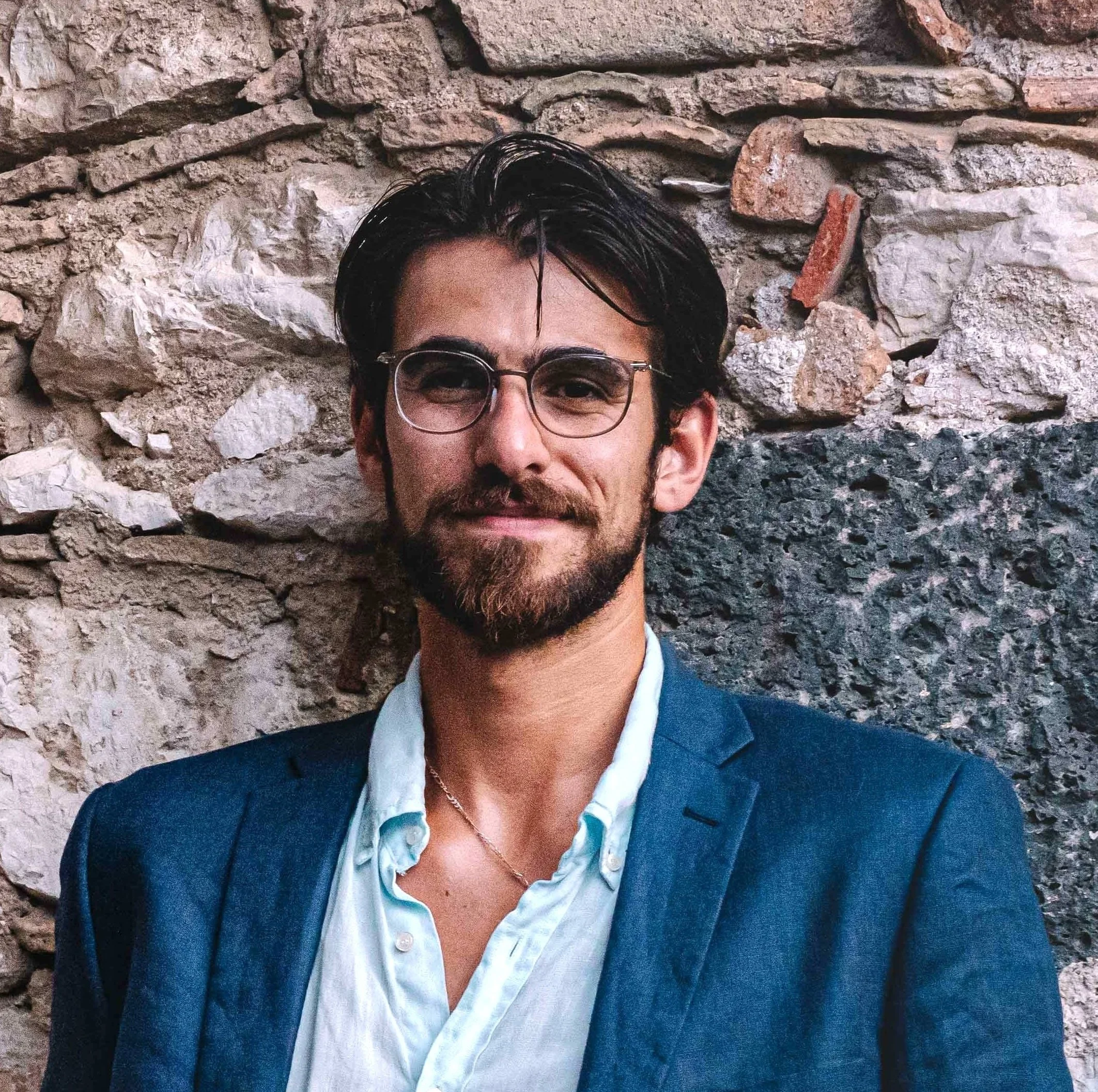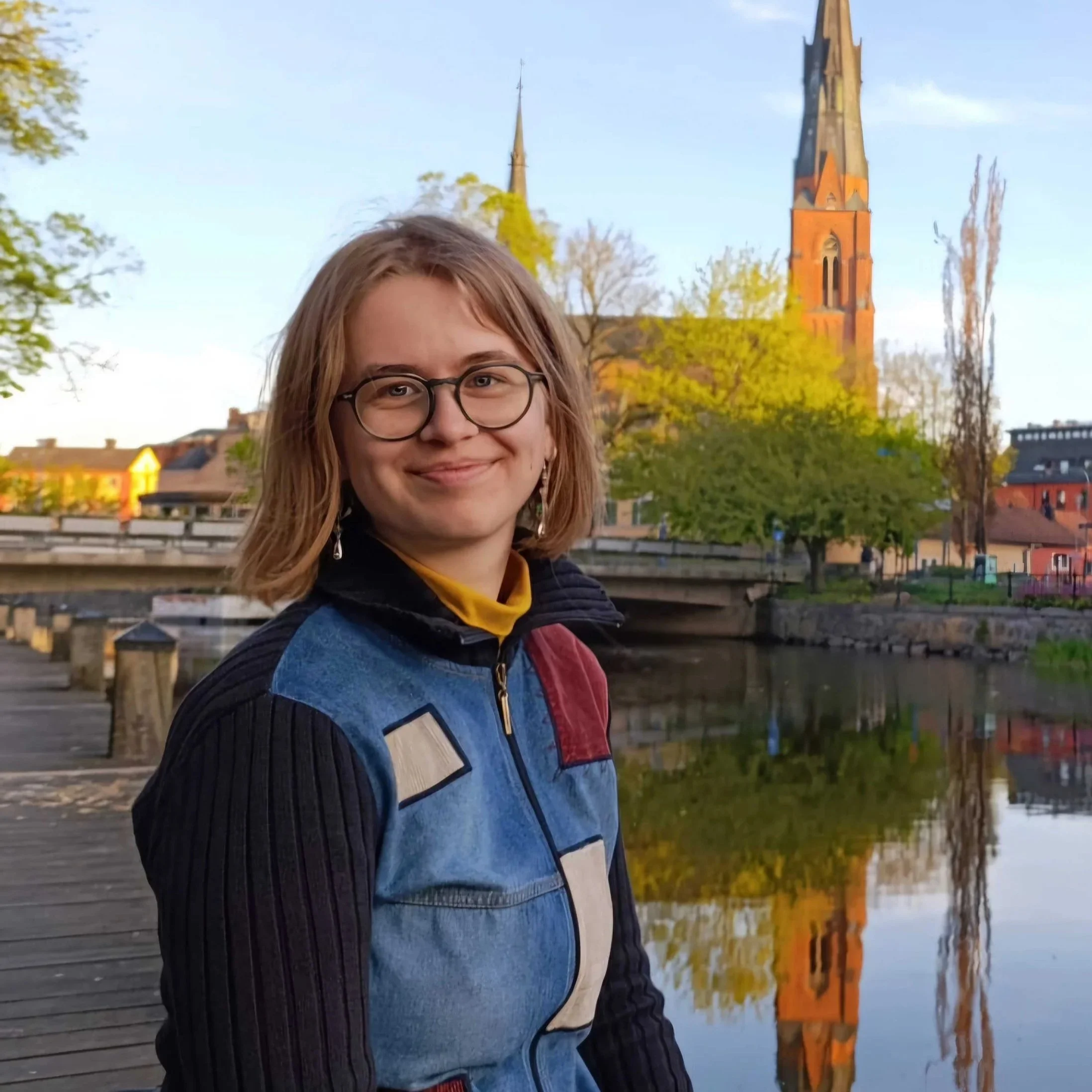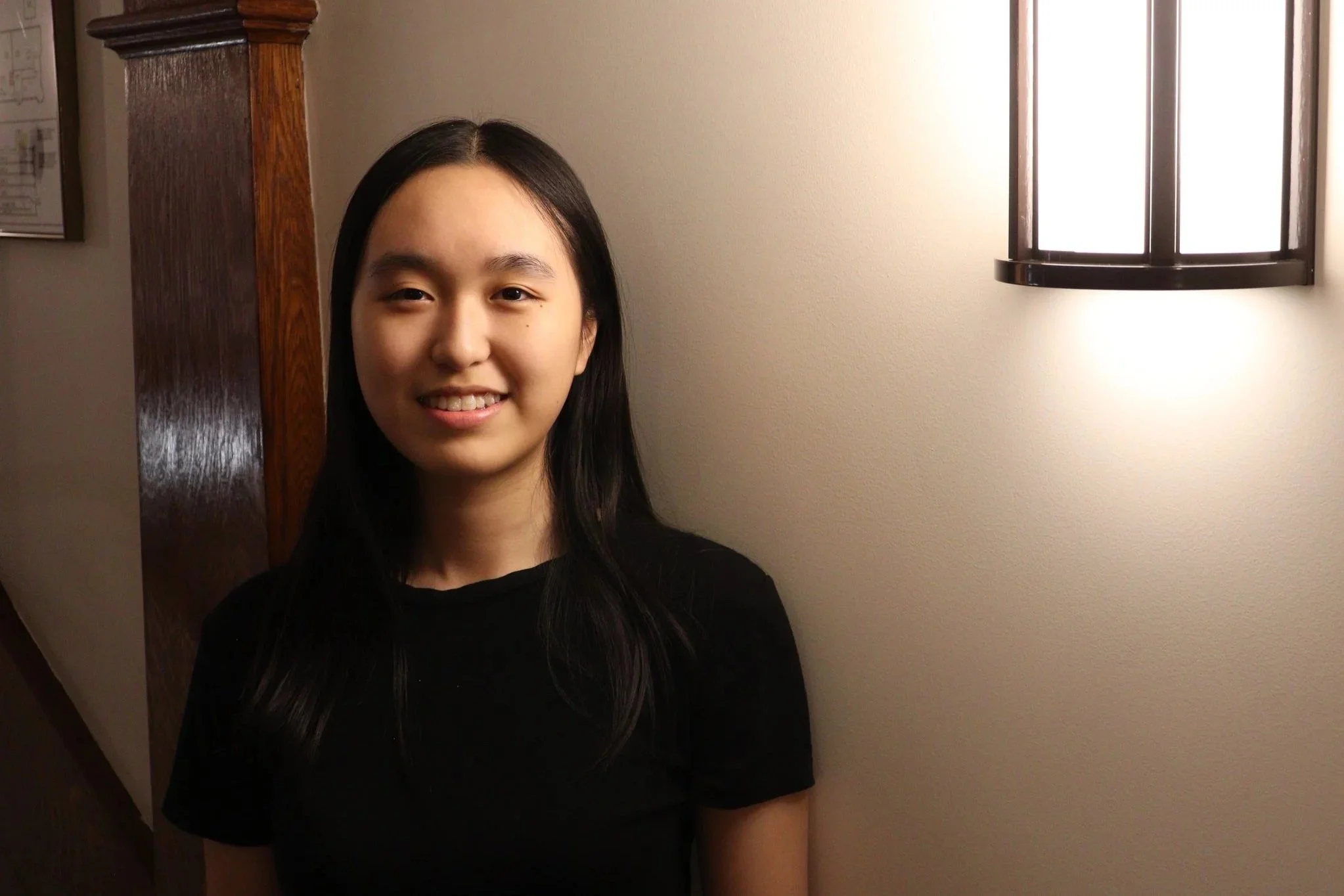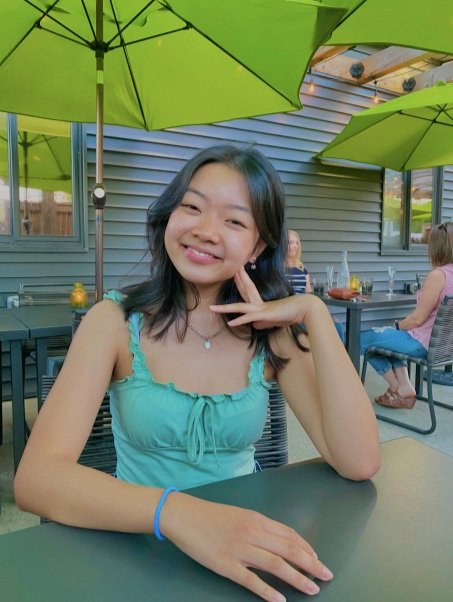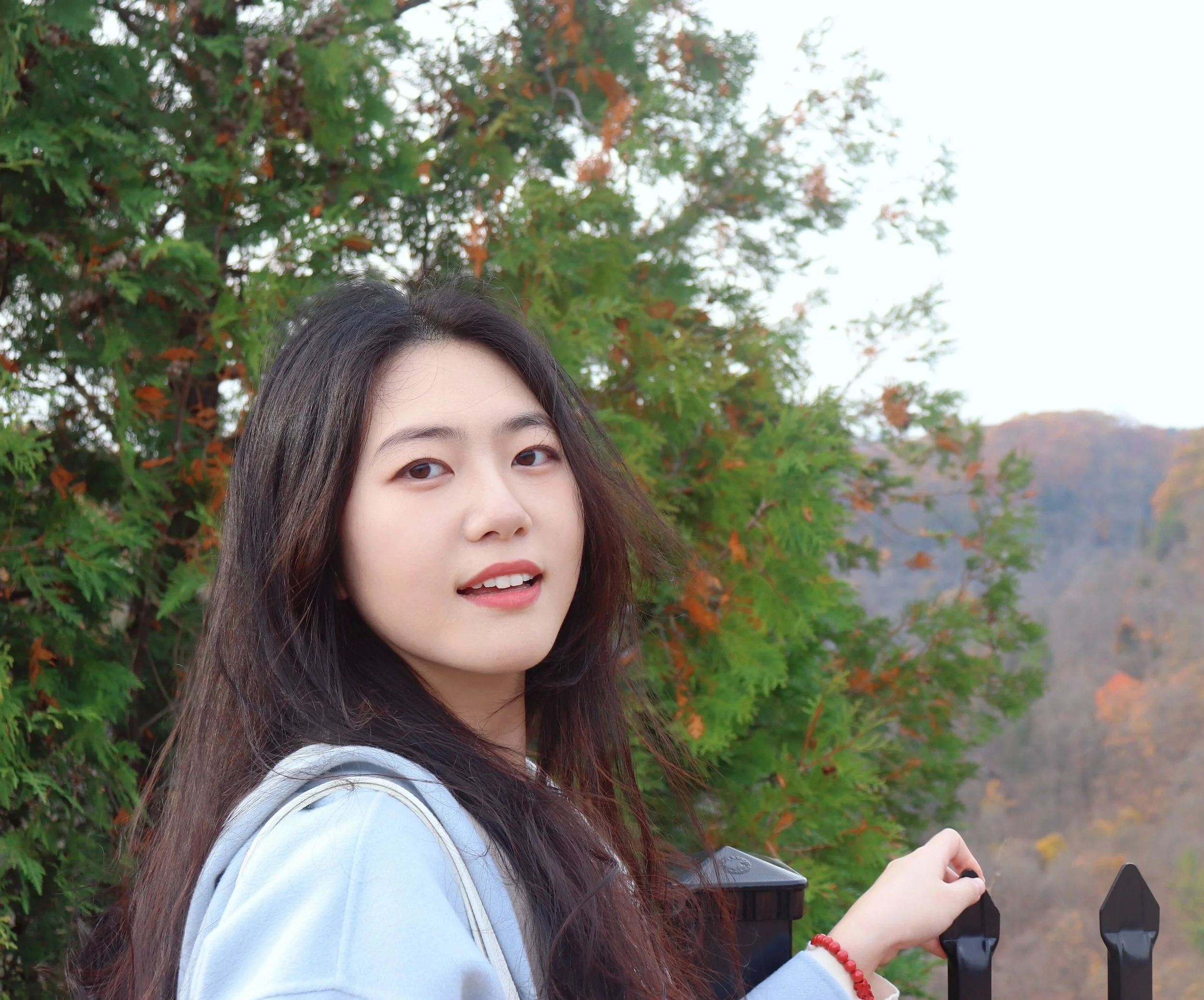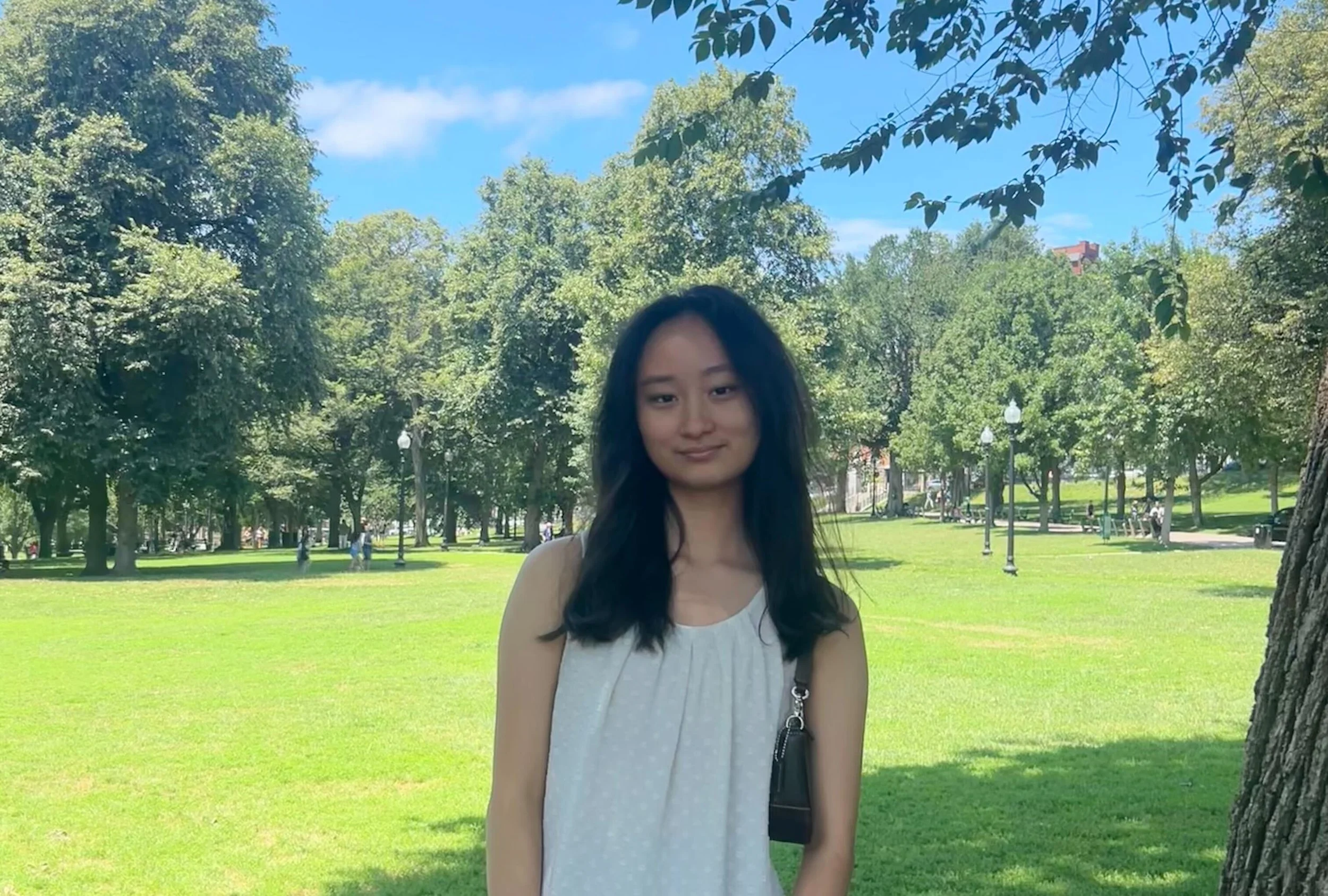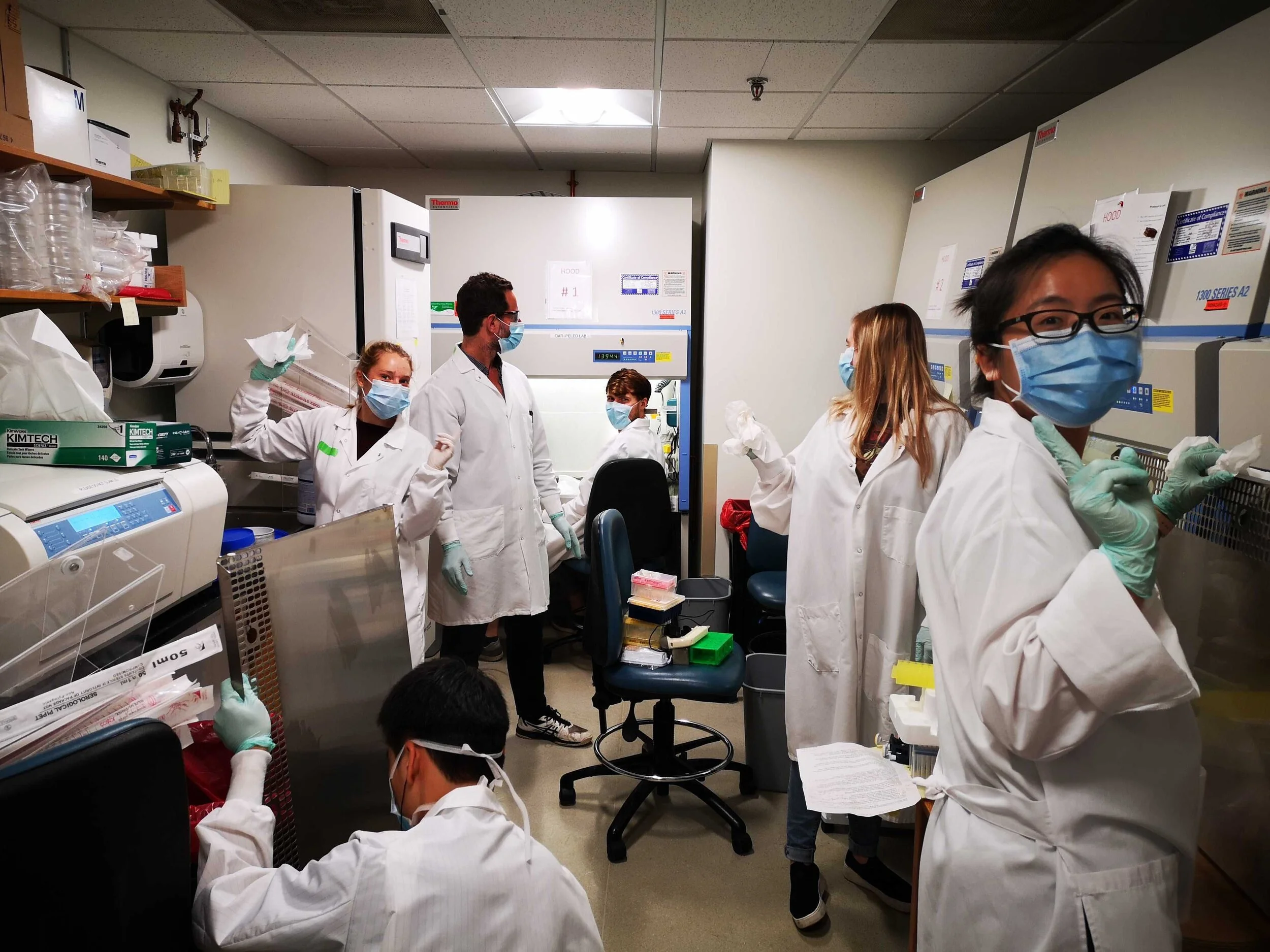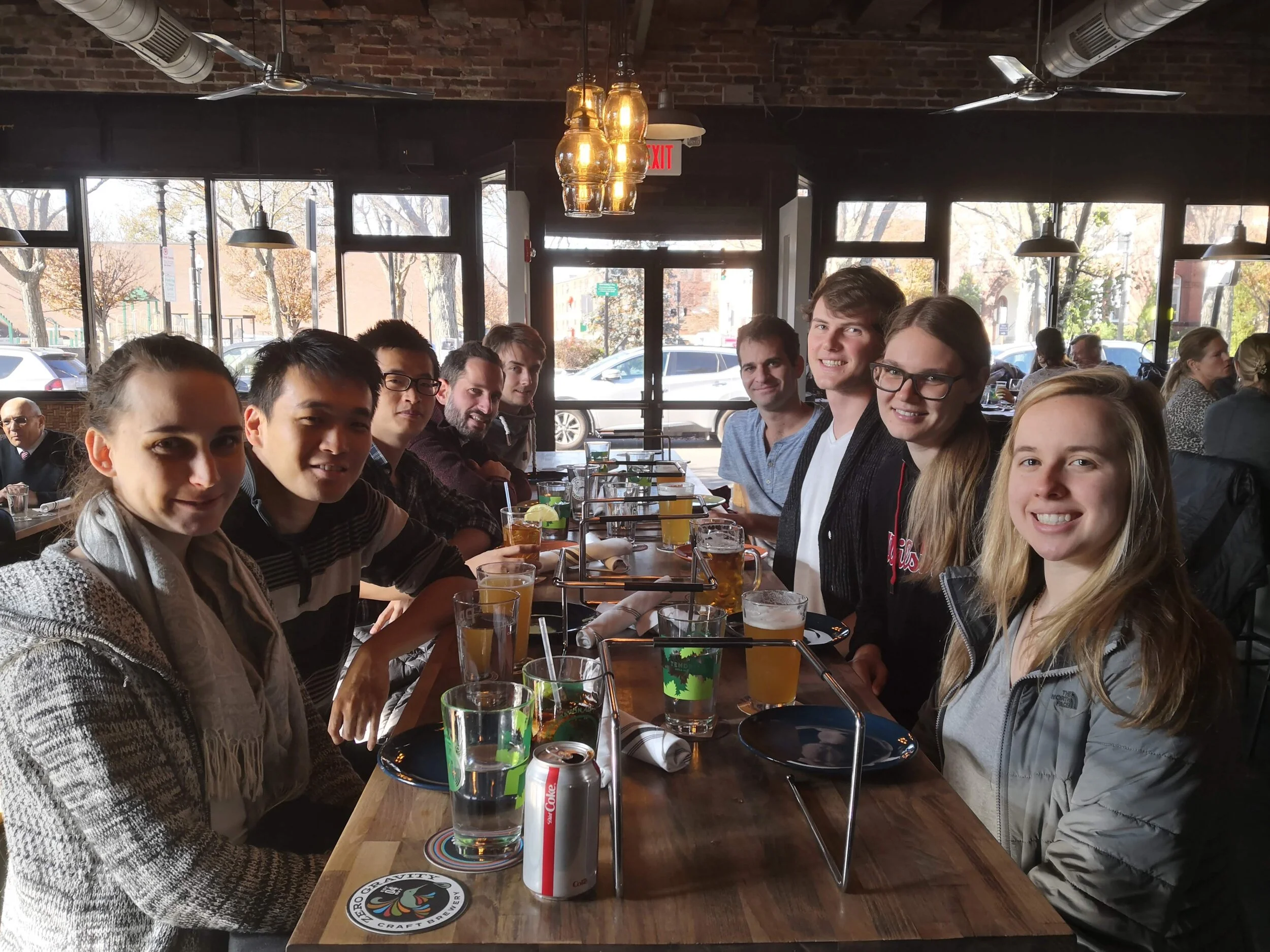People
Liron Bar-Peled
Liron is the Rullo Family Endowed Chair for Cancer Research at MGH and an Associate Professor of Medicine in Biological and Biomedical Sciences at Harvard Medical School. He received his Bachelor of Science degree in Biochemistry from the University of Georgia and his PhD in Biology from the Massachusetts Institute of Technology, where he used advanced cellular and molecular techniques to uncover how nutrients are sensed. As a Damon Runyon Postdoctoral fellow at the Scripps Research Institute, he leveraged chemical proteomic technologies to understand how cancer cells respond to oxidative stress. Having started his lab at the Krantz Family Center for Cancer Research, he has made important contributions to understanding how tumors sense and respond to metabolic stress and identifies new druggable vulnerabilities by integrating technologies that leverage high-throughput biochemistry, chemistry, and analytics with clinical insights. Liron’s work led to the founding of Scorpion Therapeutics (acquired by Eli Lily) and he has been widely recognized in the field as a Pew-Stewart Scholar, Mark Foundation Emerging Leader Award, NIH/NCI Merit Award, V Foundation Scholar, MRA young investigator and Damon Runyon Innovator.
Instructor
Maolin Ge
Maolin grew up in Wuhan, where he received his Bachelor of Science and Master’s degrees from Wuhan University. Maolin received his PhD in biology from Shanghai Jiao Tong University, where he focused on the pathogenesis and drug resistance of hematologic cells during his doctoral research. Now, Maolin’s research program aims to study signaling pathways regulated by oxidative stress using next-generation proteomics and sequencing technologies. In his spare time, Maolin enjoys watching movies, soccer, cooking, and spending time with family and friends.
Postdoctoral Fellows
Huicheng Chen
Huicheng received his PhD from the CAS Center for Excellence in Molecular Plant Sciences/Institute of Plant Physiology and Ecology. He studied Ciliogenesis in C. elegans and mammalian cells during his PhD. He then worked as a postdoctoral fellow at Shenzhen Institute of Advanced Technology. Now he is interested in applying chemical proteomic approaches to study metabolism in cancer. In his free time, he likes to spend time with his family and watch movies.
Li Kang
Li received her PhD from East China Normal University in Shanghai. Her previous research aimed to investigate the mechanisms leading to SOX2 overexpression and its metabolic and epigenetic role in tumorigenesis. In the Bar-Peled lab, she is interested in exploring chemical proteomic approaches to target transcription factors. In her spare
time, she enjoys sports, reading and music.
Yifan Chen
Yifan received her PhD from Zhejiang University in Hangzhou, where she focused on the mechanisms of drug resistance in AML and research on intervention strategies. In the Bar-Peled lab, she is interested in using chemical proteomic approaches along with functional genomics to identify druggable vulnerabilities in chemoresistance. In her free time, Yifan enjoys traveling, watching movies, and cooking.
Md Yousuf Ali
Yousuf received his PhD from The University of Iowa where he worked in Dr. Corinne Griguer’s lab studying how cellular and mitochondrial iron metabolism regulates redox homeostasis in radioresistant gliomas. In Bar-Peled lab, he will be studying redox metabolism in cancer cells, by utilizing high throughput genomic and proteomic techniques, to decipher vulnerabilities that can be exploited as druggable targets to develop novel cancer therapeutics. In his free time, he enjoys playing soccer.
Neha Khandelwal
Shan Jiang
Neha Khandelwal received her PhD from National Chemical Laboratory, Pune in Plant Molecular Biology where she was working on proteins and peptides involved in plant immunity. She joined Dr. Siddhesh Kamat’s Lab at IISER-Pune, India as a postdoctoral fellow where she was involved in understanding the fatty acid-driven immunomodulatory role of a lipid signaling molecule, lysophosphatidylserine. In the Bar-Peled lab, she works on the characterization of the druggable targets involved in the Multiple Myeloma progression. She enjoys her free time playing with her kid and exploring new places.
Shan received her Ph.D. from the Max Planck Institute for Terrestrial Microbiology in Germany, where she focused on the mechanisms of kinase inhibitors and the study of protein conformational changes. In the Bar-Peled lab, she is focusing on developing and employing new approaches to measuring changes in protein dynamics. In her free time, Shan enjoys traveling, photography, and trying out different restaurants with friends.
Stefan Harry
Stefan was raised in the crossroads of rural America – Parker City, Indiana. He received his bachelors in Chemistry from Ball State University and performed his graduate research in Johns Hopkins University under Prof. Thomas Lectka, researching radical-based fluorination reactions while developing several directed methods for functionalizing complex natural products. Currently, he aims to develop and use small molecules inhibitor to target critical cancer drivers traditionally considered ‘undruggable’.
Jinho Jeong
Jinho received his BS in biology from Seoul National University. He then moved to US and received his PhD from Stanford where he worked in Dr. Or Gozani’s lab studying the role of lysine methyltranferases in cancer pathogenesis. In the Bar-Peled lab, he is interested in studying redox biology using chemical proteomics. Outside the lab, he enjoys watching movies.
Omri Shelef
Omri earned his Ph.D. in Prof. Doron Shabat’s group at Tel Aviv University as an Adams Fellow. His work focused on developing chemiluminescent diagnostic tools for sensitive and cost-effective disease detection. Currently, as an EMBO and Rothschild Fellow, his postdoctoral research aims to create small-molecule inhibitors targeting transcription factors involved in cancer progression. By integrating chemical biology and proteomics, he seeks to develop new therapeutic strategies against cancer drivers that were previously difficult to target.
Adam Wahida
Adam Wahida, M.D.-Ph.D., is a physician-scientist focused on regulated cell death in inflammation, cancer, and neurodegeneration. Born in Paris (France) and raised in Brussels (Belgium), he studied medicine at RWTH Aachen and Technical University of Munich (TUM) in Germany before completing his Ph.D. with distinction on necroptosis in XIAP deficiency. He is currently at Massachusetts General Hospital and Harvard University, where he investigates redox biology and ferroptosis. His work has been recognized with numerous honors, including the Hans-Hench Prize for Clinical Immunology (2025), the Best Dissertation Award of the German Society of Human Genetics (2024), and fellowships from TUM, the Joachim Herz Foundation, and the DZIF. Outside the lab, he enjoys traveling in Italy and France, as well as road cycling.
Research Technicians
Magdy Gohar
Magdy earned his Bachelor of Science degree in Biochemistry at the University of Massachusetts Boston. His research focuses on exploring the role of ROS signaling in cancer cell proliferation. In his free time, he enjoys lifting, running, and spending time with family and friends.
Sufian Ibrahim
Sufian graduated from the University of Georgia with a BS in Biology and performed his undergraduate research on identifying Lipid A modifications in gram-negative bacteria. He is now leveraging chemical proteomics to characterize druggable targets in cancer cells and the effects of various cellular states on the ligandability of those targets. When not in the lab, he enjoys riding his motorcycle, trying new foods, and playing sports.
Reilly Stevens
Reilly graduated with BS in Biology from the University of Georgia, where she conducted research on the biosynthesis of glycans in gram-negative bacteria. Currently, her research focuses on chemical proteomics in targeting cancer drivers. In her free time, Reilly enjoys traveling, running, watching sports, and reading.
Graduate Students
Yukako Suzuki
Ben Weinstein
Merle Jeschke
Yukako received her Master’s degree from the Graduate School of Media and Governance at Keio University in Japan. In the Bar-Peled Lab, she is conducting research to better understand redox regulation in cancer. In her free time, she enjoys running, listening to music, and watching movies.
Ben received his B.S in Biology from Cornell University. He enjoys outdoor activities like skiing, hockey, and hiking in his free time.
Merle got her Bachelor of Science in Molecular Biotechnology at Technical University of Munich, Germany, where she is currently a MS student. Previously, she researched the role of nerve and glial cells in a translational cardiovascular model. In the Bar-Peled lab, she investigates different metabolic states in cancer and researches altered target proteins from chemical proteomics screens. In her free time, she enjoys travelling, biking, and sailing.
Makiko Hanada
Makiko received her Master's degree in Organic Chemistry from Kyoto University, where she focused on developing new synthetic methodologies for alkaloids. She works in the pharmaceutical industry in Japan as a medicinal chemist and computational chemist, contributing to oncology and CNS drug discovery projects. As a Visiting Scientist in the Bar-Peled Lab, she is synthesizing covalent inhibitors and applying chemical proteomics approaches to study challenging cancer targets. In her free time, she enjoys exploring new places and having BBQs with family and friends.
Undergraduate Students
Yuchen Huang
yuchenhuang@college.harvard.edu
Yuchen is a junior at Harvard College studying Molecular and Cellular Biology and Psychology. In the lab, she focuses on studying the effects of redox stress on the metabolism of cancer cells. In her free time, she likes to read, take walks, and dance.
Chau Le
Chau is a junior at Harvard College, majoring in Neuroscience on the pre-med track. In the lab, she assists in exploring redox metabolism in cancer cells to discover druggable targets. During her free time, she enjoys cooking, lifting, traveling, and spending quality time with friends and family.
Herman Xin Yang Leong
Herman is a junior studying Chemistry at Harvard University. His lab work involves proteomics and chemical synthesis. When he is free, he plays chess (chess.com username: hlxy) and listens to game OSTs.
Hector Martinez Luna
hectormartinezluna@college.harvard.edu
Héctor is a sophomore at Harvard College studying Molecular and Cellular Biology. His research focuses on chemo proteomics as a means to detect off-target small molecule interactions. In his free time, he enjoys reading, going to museums, and bowling with friends.
Tongxi Yang
Tongxi is a senior biology student at Sichuan University in China. He is currently an intern in the Bar-Peled Lab, working on his undergraduate thesis exploring chemical proteomic approaches to target transcription factors. In his free time, he enjoys reading—both articles and literature—as a way to better understand the world
Kara (Kangru) Ning
Kara is an undergraduate at the University of Toronto, studying Engineering Science with a major in Biomedical Engineering. In the lab, she focuses on the regulation of mitochondrial ETC function. In her free time, she enjoys drawing, reading, and spending time with family and friends.
High School Students
Jacqueline Goh
Jacqueline Goh is a high school senior at Cambridge Rindge & Latin School, and she focuses on chemoresistance in the lab. In her free time, she enjoys running, visiting museums, and reading about current events.
ALUMNI
Anastasia Ignashkina, Graduate Student, Northeastern University
Zacharias Müller, Graduate Student, University of Bonn
Jingxuan Mao, Undergraduate Student, Zhejiang University
Nicholas Chen, Graduate Student, Harvard University
Zander Chearavanont, Undergraduate Student, Harvard University
Anica Bischof, Undergraduate Student, University of Applied Sciences Northwestern Switzerland
Jay Fonticella, Graduate Student, Tufts University
Janice Wong, Undergraduate Student, Harvard University
Pei-Chieh (Patrick) Tien, Postdoctoral Fellow, Purdue University
Junbing Zhang, Instructor, National Institute of Biological Science and Institute of Biophysics
Kim Emonds, Master’s Student, Radboud University
Samay Trivedi, Undergraduate Student, University of Massachusetts Amherst
Siwen Zhang, Postdoctoral Fellow, Fudan University
Seungjun Lee, Undergraduate Student, Boston University
Matthew Lazarov, Research Technician, University of Georgia
Harrison Chong, Data Analyst, University of Georgia
Farah Makram, Undergraduate Student, Northeastern University
Yingfei Huang, Undergraduate Student, Zhejiang University
Christine Lee, Undergraduate Student, Harvard University
Mariko Hara, Senior Scientist, University of Tokyo
James Woods, Master’s Student, Harvard University
Lina Fellah, Master’s Student, Radboud University
Zhuanglin (Eileen) Dai, Master’s Student, University of Michigan
Gess Kelly, Computational Scientist, Brandeis University
George Popoola, Undergraduate Student, Harvard University
Jonathan Assaad, Undergraduate Student, Tufts University
Nicolò Vivori, Master’s Student, University of Verona
Atharva Mahale, Master’s Student, IISER Kolkata
Tommy Weiss-Sadan, Postdoctoral Fellow, The Hebrew University
Jacqueline Berner, Master’s Student, University of Tübingen
Marianne Richter, Research Technician, University of Georgia
Peiwen Shi, Rotation Student, Harvard University
Sanne van den Ouweland, Master’s Student, Radboud University in Nijmegen
Alexander Carlin, Research Technician, University of Georgia
Tzu-Yi Yang, Senior Research Scientist, Purdue University
Himani Patel, Research Technician, University of Georgia
Ricardo Pinto, Senior Research Scientist, Max-Planck Institute for the Physics of Complex Systems in Germany
Tristan Vornbäumen, Master’s Student, University of Tübingen
Tevis Vitale, Rotation Student, Harvard University
Kira Vordermark, Medical Student, University of Bonn
Hanna Griesshaber, Master’s Student, University of Applied Sciences Northwestern Switzerland
Ramon Ranka, Master’s Student, TUM
Franzi Bemmmann, Master’s Student, TUM
Adriaan De Groot, Master’s Student, Radboud University Nijmegen
Bennedikt Dürr, Master’s Student, LMU
Jiafeng Fang, GI Surgeon, Sun Yat-Sen University, China
Hannah Fischer, Master’s Student, LMU
Tobias Hosp, Medical Student, University of Heidelberg
Ben Jiang, Master’s Student, TUM
Dominick Riken, Master’s Student, University of Heidelberg
Marion Schweiger, Master’s Student, TUM
Abby Smith, Research Technician, University of Georgia
Nina Wichmann, Master’s Student, TUM
Konstantin Wolf, Master’s Student, ETH Zürich
Mengyao Xu, Graduate Student, Nankai University School of Medicine

